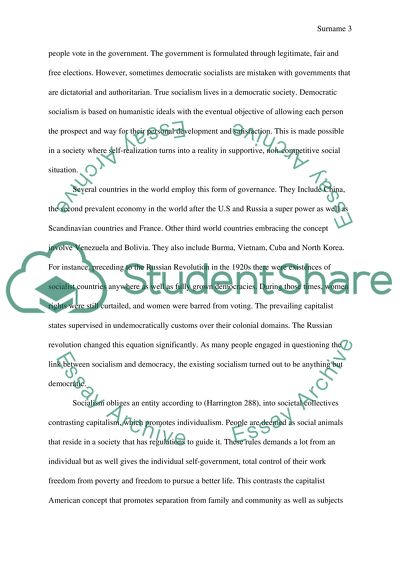Cite this document
(“Democratic Socialism and Comparative Advantage Research Paper”, n.d.)
Democratic Socialism and Comparative Advantage Research Paper. Retrieved from https://studentshare.org/social-science/1446555-global-economics
Democratic Socialism and Comparative Advantage Research Paper. Retrieved from https://studentshare.org/social-science/1446555-global-economics
(Democratic Socialism and Comparative Advantage Research Paper)
Democratic Socialism and Comparative Advantage Research Paper. https://studentshare.org/social-science/1446555-global-economics.
Democratic Socialism and Comparative Advantage Research Paper. https://studentshare.org/social-science/1446555-global-economics.
“Democratic Socialism and Comparative Advantage Research Paper”, n.d. https://studentshare.org/social-science/1446555-global-economics.


